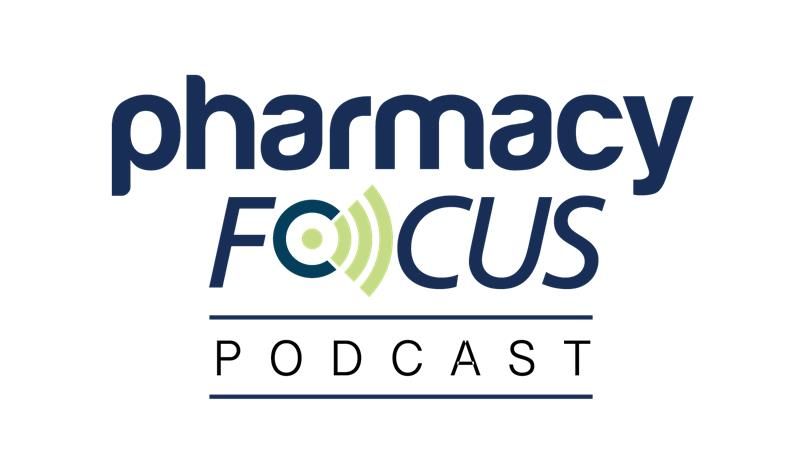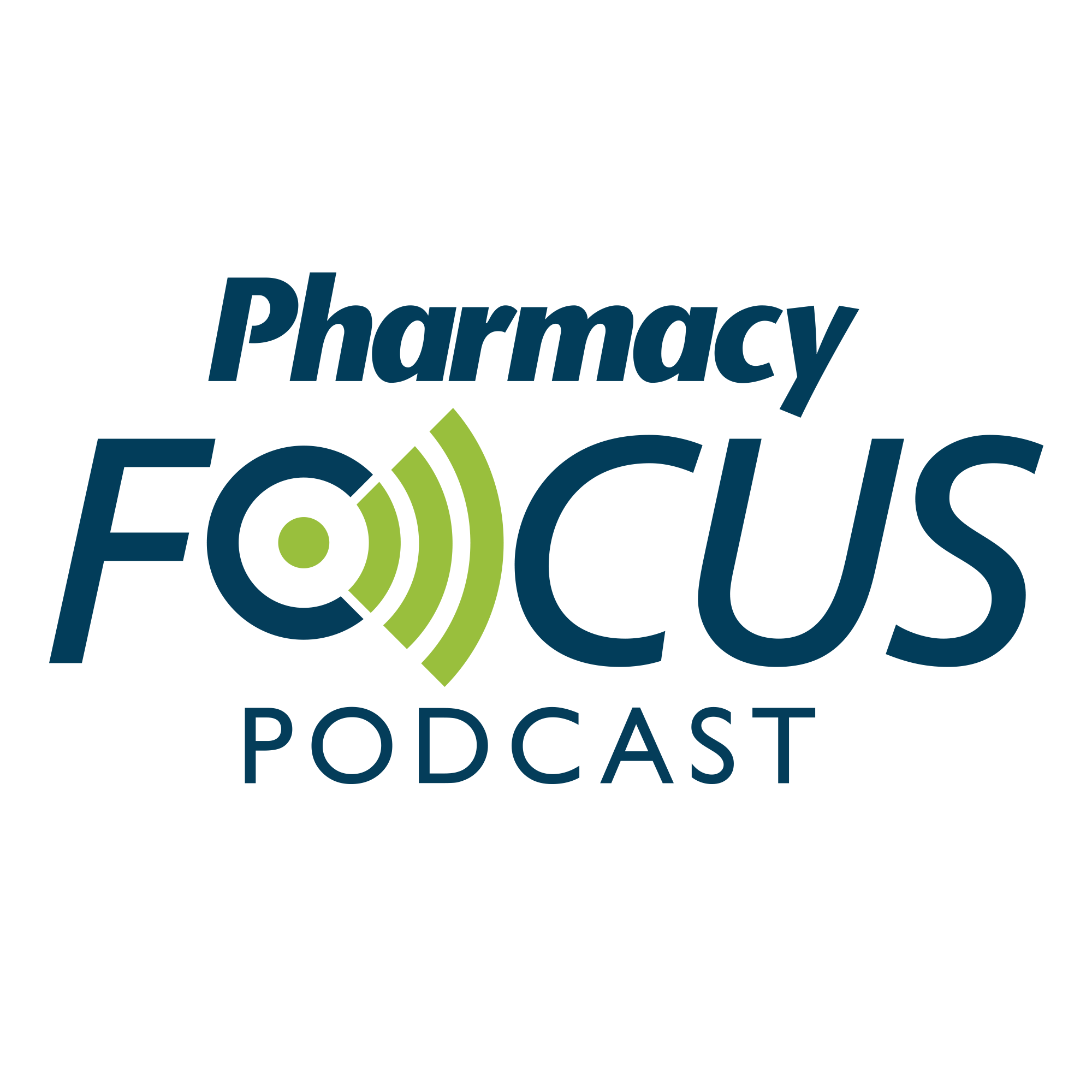Article
Insulin Use and Cost Increases Significantly
Author(s):
Pharmacy benefit manager releases data showing the cost of insulin grew by 8%.
The utilization and cost of insulin was found to rise dramatically in a pair of studies by a prominent pharmacy benefit manager.
Prime Therapeutics LLC (Prime) recently presented findings from 2 diabetes-related studies at the Academy of Managed Care Pharmacy’s annual meeting.
Both studies were conducted to analyze the impact of new diabetes drugs entering the market, specifically long-acting insulins, to better determine the use and cost of insulin therapy for future use.
The first study exploring the changing prevalence, incidence, drug regimens, and insulin costs was conducted from January 2011 to June 30, 2015.
Researchers found that the cost of all diabetes drugs increased 168% among 4 million of Prime’s commercially-insured members included in the studies.
In 2011, only 6.7% of pharmacy benefit costs were from diabetes drugs, but these costs increased to 10.7% in June 2015.
During this time, researchers also found that the cost of insulin increased 200%.
According to the study, insulin costs are now accountable for $1 of every $20 spent in drugs paid for through the pharmacy benefit.
Researchers found a 50% increase in insulin use and an 80% increase in the cost of insulin, according to the analysis.
The second study included 4 million commercially-insured members with type 1 and type 2 diabetes and tracked their emergency department visits in relation to hypoglycemia.
Researchers found that in over 4 years, there were 4128 emergency department visits due to hypoglycemia.
Patients with type 2 diabetes using long-acting and short-acting insulin were more likely to have an emergency department visit than if they were only using 1 of these drugs, the researchers noted.
According to the study, the overall rate of visits were low and new drugs lowering the risk of hypoglycemia will need to be reviewed for their value both clinically and financially.
“Gaining a deeper understanding of provider prescribing and member behavior in the diabetes category is important as Prime works to control drug, and overall health care, costs,” said Kevin Bowen, MD, MBA, principal health outcomes researcher at Prime. “With new diabetes drugs coming to market that may be able to lower the risk of hypoglycemia events for some patients, health plans and employers should carefully weigh the benefits compared with lower cost drugs currently available. Seeing the full picture can help members manage their diabetes so they can get the medicine they need to feel better and live well.”
Prime also has programs to control the costs of diabetes medication and keep their members adherent to their medication. They also encourage the use of well-known generics though its utilization management step therapy program.
In addition to this, Prime provides interventions to improve the adherence to diabetes drugs through its program GuidedHealth.
Newsletter
Stay informed on drug updates, treatment guidelines, and pharmacy practice trends—subscribe to Pharmacy Times for weekly clinical insights.






